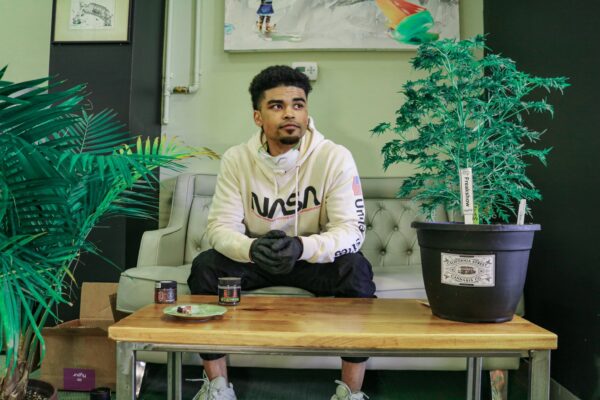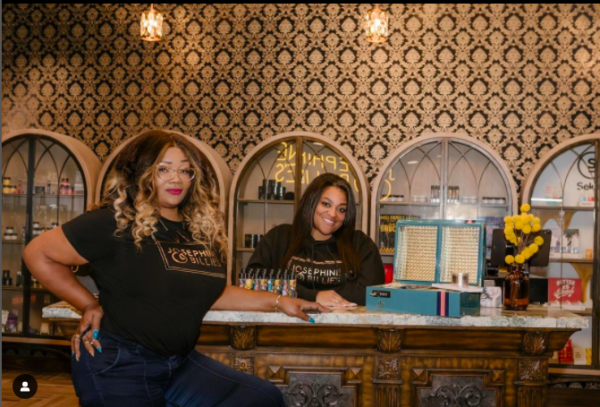More than two decades after states began legalizing cannabis, researchers and advocates say they’re noticing that Black people have been largely shut out from making money in the burgeoning marijuana industry.
The legalized marijuana market is expected to reach $43 billion by 2025, according to cannabis market research firm New Frontier Data. As part of that growth, New Frontier Data researchers estimate 5.4 million Americans will be registered marijuana patients, a 2.4 percent increase from 2021.

Part of the reason Blacks haven’t done so well in the growing cannabis industry is because it costs too much money to open a dispensary, advocates told Finurah. Another reason is because states have passed faulty legislation that either caps or blurs the line on who can get a license to sell, the advocates said.
“The two reasons that Black entrepreneurs are not just blowing up and starting cannabis businesses left and right is historical disadvantages and bureaucrat challenges on the local and state level,” said Laura Herrera, an independent cannabis consultant who also does research for the University of California Berkeley.
California was first to legalize medical marijuana in 1996. Colorado legalized it for recreational use — a national first — in 2012. Since then, 37 states have legalized medical marijuana and 18 have approved it for recreational use.

As more states approved cannabis, industry insiders said they expected more Blacks to be released from jail for selling marijuana and more Black people pursuing careers in the field. That hasn’t been the case, experts said.
Industry observers say there is a growing disparity between Black and white Americans entering the business. About 80 percent of cannabis business owners and founders were white, a 2017 Marijuana Business Daily survey found. About 4 percent of those owners were Black.
Maryland lawyer Elizabeth Danquah-Brobby said part of the gap stems from states not releasing jail inmates incarcerated for selling marijuana.
“Marijuana has become a big business, often being compared to the Gold Rush and referred to as the Green Rush,” Danquah-Brobby wrote in a 2017 opinion piece for the University of Baltimore Law Review. “However, regulations across states that are a part of this Green Rush effectively wall out those once convicted (overwhelmingly Blacks) for participating in, and profiting from, the very same industry.”
Several states — including Maine, Massachusetts, New Jersey and Nevada — cap how many licenses will be granted to would-be entrepreneurs, and that’s helping the disparity grow, said Bonita Money, founder of the National Diversity and Inclusion Cannabis Alliance.
In other states, cannabis applicants can sell their license to another company once approved by the state. Oftentimes, Black people who would have tried to start their own business are instead opting to sell their licenses to more established, often white-owned, companies, Money told Finurah.
States need to change their laws so there’s no cap and the fees for applying for a license are lower, she said.
Changing a law is one thing, but startup costs are an entirely different obstacle for Black people, Money and others said. It will take more than legislative amendments to help Black people raise the capital needed to enter the marijuana business, Herrera told Finurah.
In most states, starting a cannabis dispensary requires thousands of dollars upfront because an entrepreneur must find and purchase a store, buy inventory, pay their local municipality for a license and hire staff.
“Just to get the physical space is a huge challenge and nobody is telling the property owners ‘Hey, you have to give these people a break,’” Herrera said. “Some people are spending $45,000 a month and their business isn’t even open.”
Black Americans had strong intentions to join the cannabis industry, but “they couldn’t afford buildings and couldn’t’ afford to raise operating costs,” Money said.
“There’s a lot of people who want to get in this space, and wanted to, but have lost everything,” she said. “Some people have lost their homes trying to get into this industry.”




